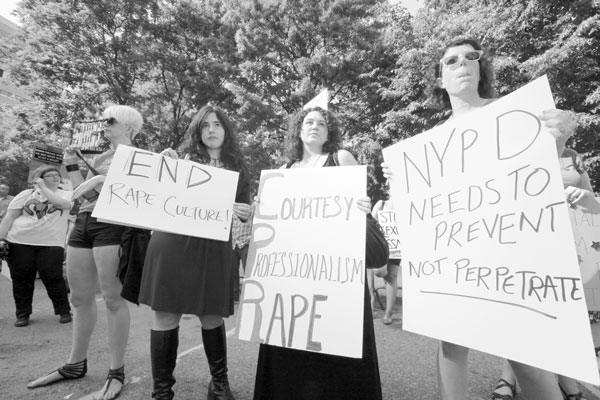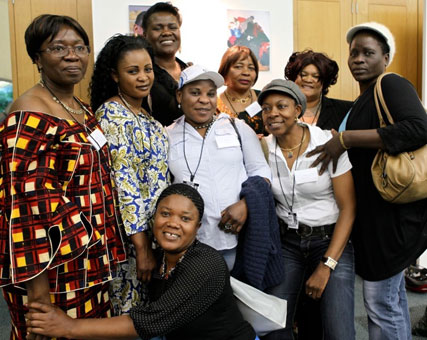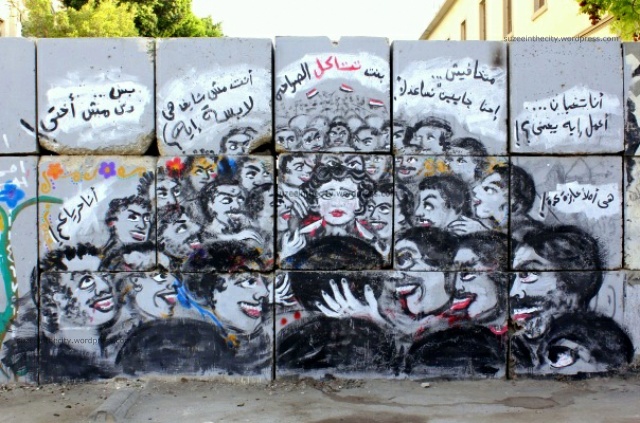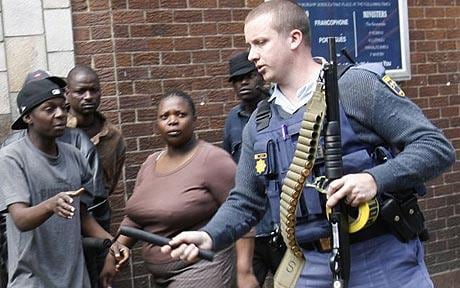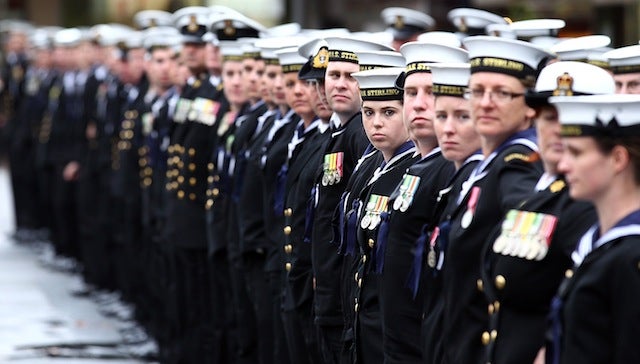
Last month, in Australia, a cadet was found guilty of two counts of having raped a woman cadet while she slept. The rape occurred in 2009. He filmed the act, ostensibly as evidence for his mates. His lawyer claims the kid just wanted to fit in. A horrible, and all too familiar, story, and not only in Australia.
The language of the coverage is telling. The woman was a `colleague’. Really? When did rape become a collegial act? “Culture” comes into play as well. The military culture of “work hard, play hard” is offered as part of the context. Really? Rape is, somehow, play?
The most telling instance, in the BBC coverage of the story, is the link on their home page. There, the headline reads: “Filming sex `rife at Navy base’”. Only when a reader links to the actual article does the headline read, “Australia Navy cadet filmed rape ‘to be accepted‘”.
It wasn’t sex. It was rape.
(Photo Credit: Jezebel)
